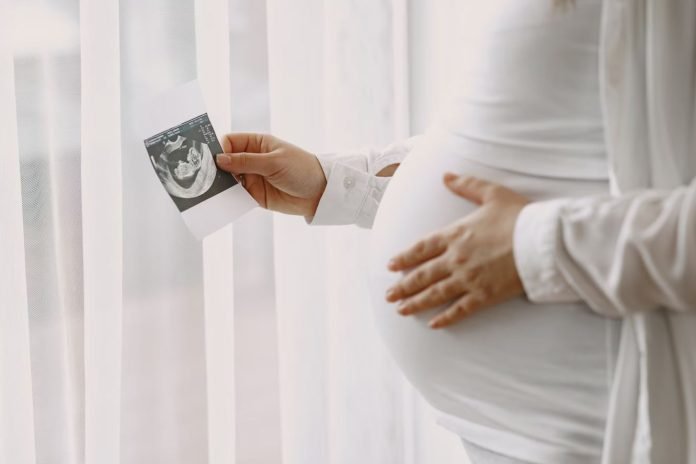Anemia is a condition in which the blood contains fewer red blood cells than normal levels. These red blood cells, in turn, carry oxygen to all the body’s cells through hemoglobin, a protein. Anemia is common during pregnancy. The World Health Organization estimates that about 1/3 of women of reproductive age and 40% of pregnant women worldwide experience anemia.
The causes of anemia during pregnancy include the increase in blood volume combined with insufficient iron levels. During pregnancy, blood volume increases by 30-50%, while red blood cells increase by only 15-30%. This can lead to anemia, especially if the diet does not provide enough iron.
Factors that may increase the risk of anemia during pregnancy include women who had heavy menstrual symptoms before pregnancy, those following a low-iron diet, women who do not consume enough vitamin C-rich foods, and those with a stomach condition affecting nutrient absorption.
What are the symptoms of anemia during pregnancy?
It’s possible you may not have any symptoms of anemia, especially if the anemia is mild. Sometimes, extreme fatigue due to reduced oxygen circulation is the only symptom you might notice. However, other symptoms you might observe include:
- Hair loss
- Headaches
- Increased heart rate
- Pale appearance
- Brittle nails
- Dizziness
- Difficulty concentrating
- Leg cramps
- Shortness of breath
How does pregnancy anemia affect the baby and pregnancy?
Anemia during pregnancy can negatively impact the baby’s health and the pregnancy. Specifically, it increases the risk for:
- Premature birth
- Low birth weight
- Postpartum depression
- Bleeding problems during delivery
How is anemia during pregnancy treated?
Anemia during pregnancy can easily be treated with iron supplements, as well as ensuring proper nutrition that includes iron-rich foods and vitamin C. You can consume a food or drink containing vitamin C to increase iron absorption. Orange juice is a good choice, but many women avoid it because it causes heartburn.



